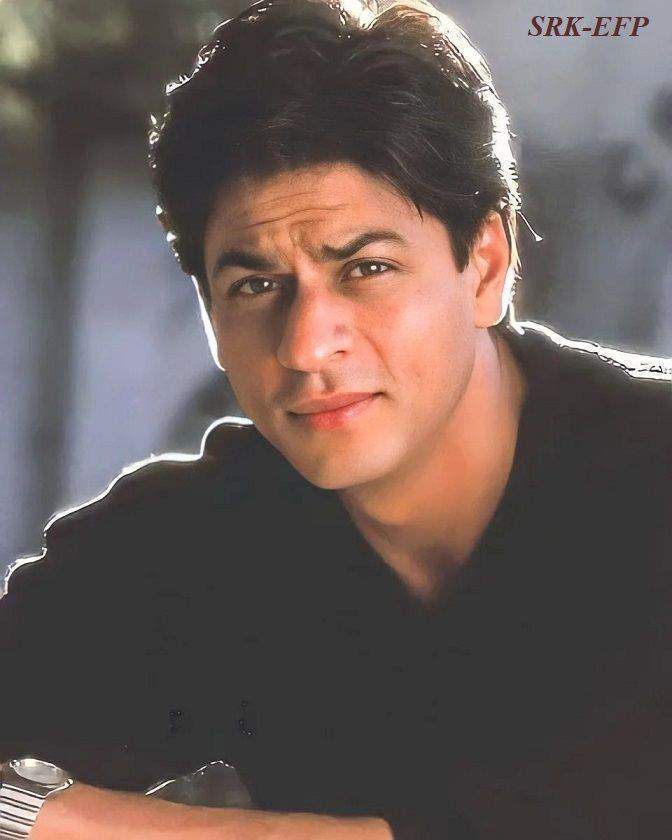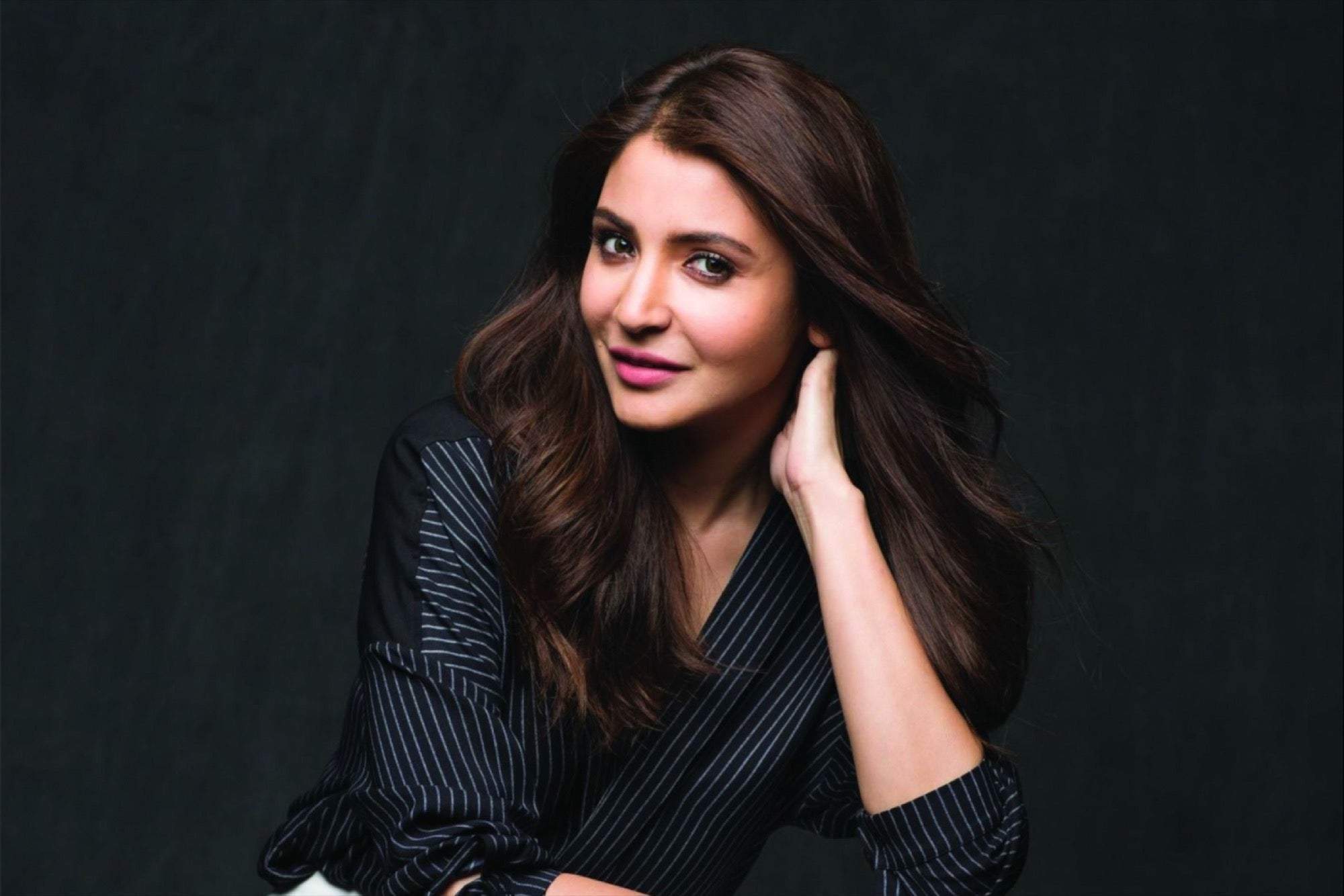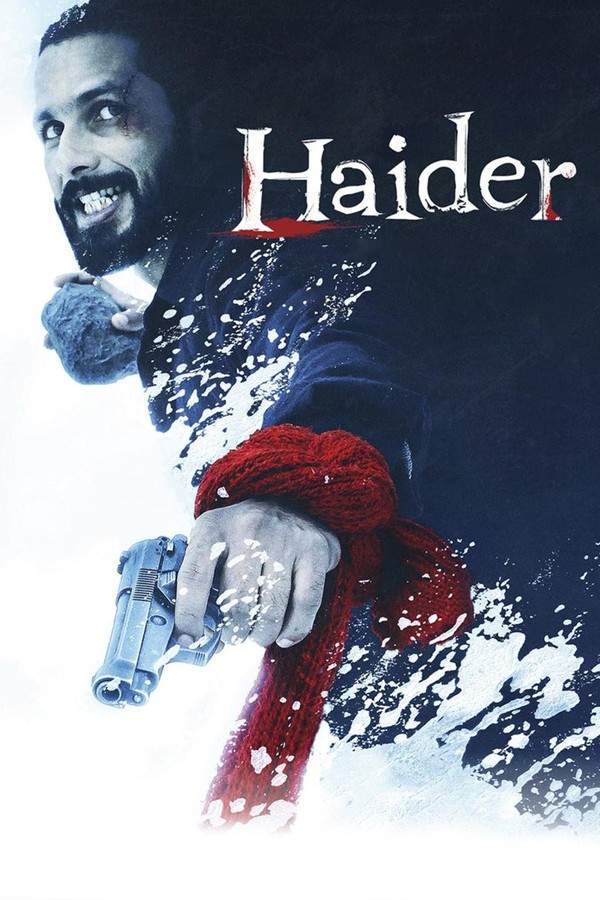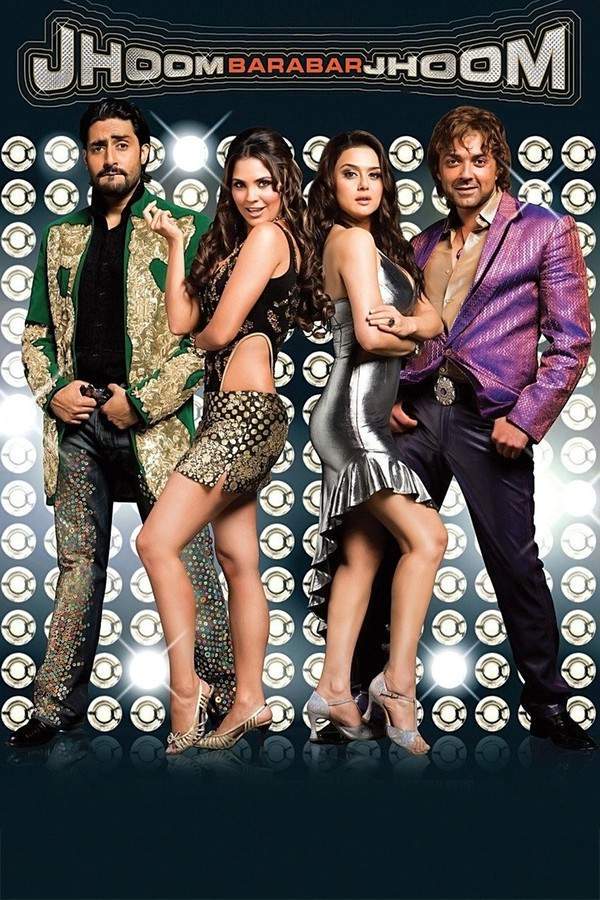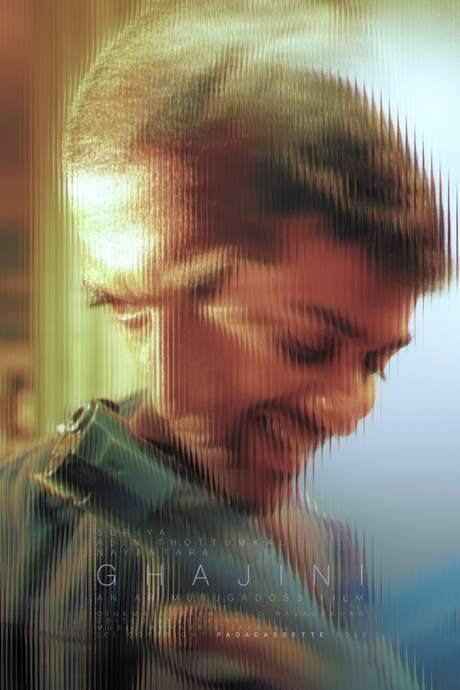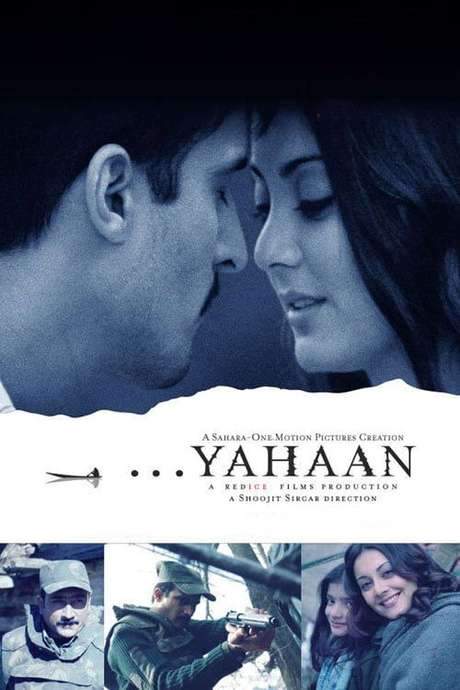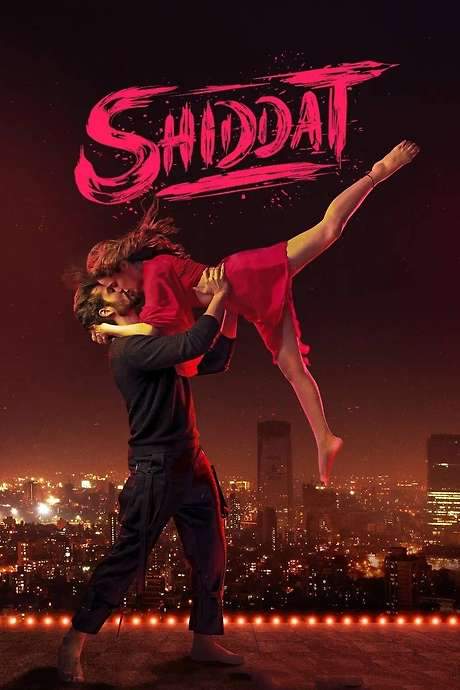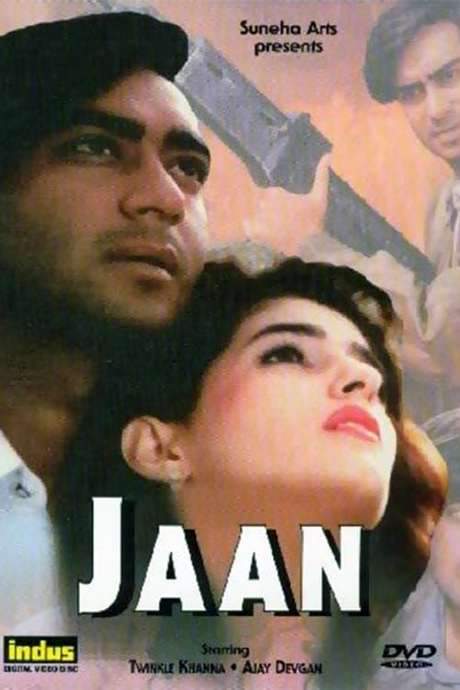Jab Tak Hai Jaan 2012
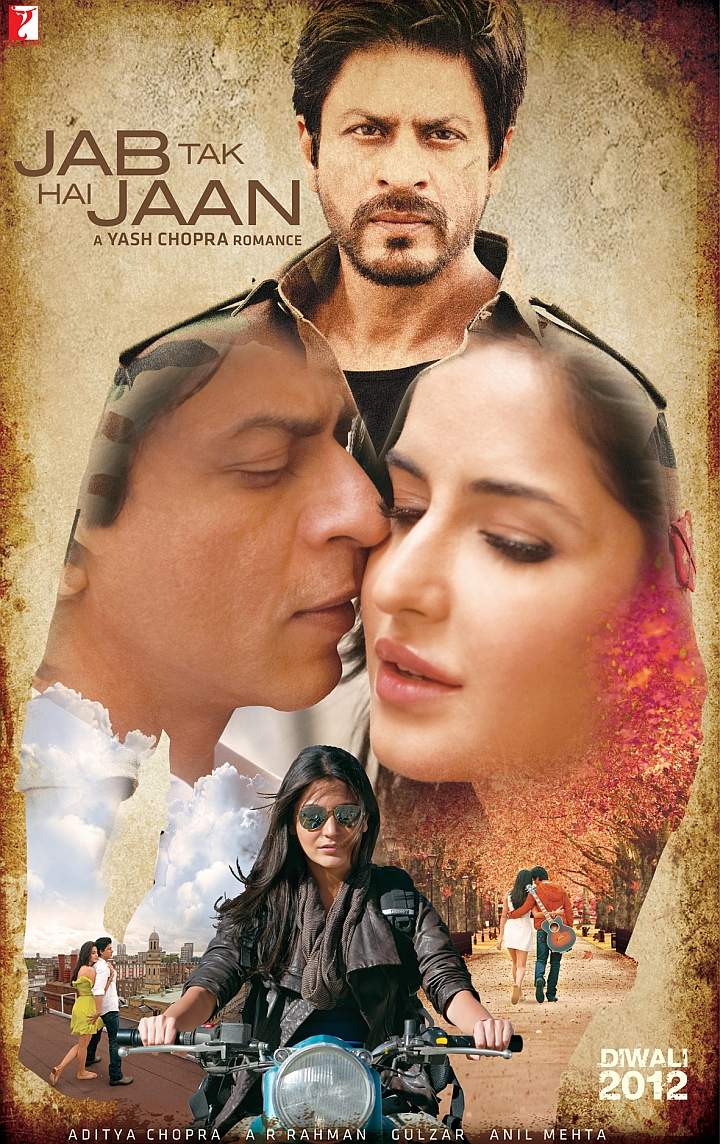
This is a story of enduring love and sacrifice, exploring the complexities of relationships against the backdrop of the Himalayas. A soldier finds his life intertwined with the daughter of a military commander, leading to a passionate romance challenged by duty and tradition. The film examines themes of love, loss, and the unwavering bonds that shape our lives, all presented with the signature style of acclaimed director Yash Chopra.
Does Jab Tak Hai Jaan have end credit scenes?
No!
Jab Tak Hai Jaan does not have end credit scenes. You can leave when the credits roll.
Meet the Full Cast and Actors of Jab Tak Hai Jaan
Explore the complete cast of Jab Tak Hai Jaan, including both lead and supporting actors. Learn who plays each character, discover their past roles and achievements, and find out what makes this ensemble cast stand out in the world of film and television.
External Links and Streaming Options
Discover where to watch Jab Tak Hai Jaan online, including streaming platforms, rental options, and official sources. Compare reviews, ratings, and in-depth movie information across sites like IMDb, TMDb, Wikipedia or Metacritic.
Ratings and Reviews for Jab Tak Hai Jaan
See how Jab Tak Hai Jaan is rated across major platforms like IMDb, Metacritic, and TMDb. Compare audience scores and critic reviews to understand where Jab Tak Hai Jaan stands among top-rated movies in its genre.

6.7 /10
IMDb Rating

71
%
User Score

3.1
From 82 fan ratings

4.35/5
From 26 fan ratings
Take the Ultimate Jab Tak Hai Jaan Movie Quiz
Challenge your knowledge of Jab Tak Hai Jaan with this fun and interactive movie quiz. Test yourself on key plot points, iconic characters, hidden details, and memorable moments to see how well you really know the film.
Jab Tak Hai Jaan Quiz: Test your knowledge about the poignant love story of 'Jab Tak Hai Jaan' featuring Shah Rukh Khan, Anushka Sharma, and Katrina Kaif.
Who directed the movie 'Jab Tak Hai Jaan'?
Yash Chopra
Aditya Chopra
Rajkumar Hirani
Karan Johar
Show hint
Full Plot Summary and Ending Explained for Jab Tak Hai Jaan
Read the complete plot summary of Jab Tak Hai Jaan, including all major events, twists, and the full ending explained in detail. Explore key characters, themes, hidden meanings, and everything you need to understand the story from beginning to end.
It initially had a skeptical audience predicting the entire plot within the first fifteen minutes, but numerous twists and turns ultimately kept them engaged with the central storyline. This film, a classic from the Yash Raj Films banner, features the iconic protagonist Shah Rukh Khan and is a poignant tribute to the late Yash Raj Chopra who passed away during its production. While the film was almost complete, the final song—the title track—was added at the end as a tribute to Yash Chopra, featuring a montage of him directing the film.
The narrative begins with Major Samar Anand (Shah Rukh Khan) and Akira (Anushka Sharma). Samar is a bomb disposal expert in the Indian Army, while Akira is an intern for the London Discovery Channel. After saving Akira from drowning, he lends her his coat, from which a diary slips out, prompting a flashback to ten years prior in London, where Samar first encountered the captivating Meera (Katrina Kaif), who was then a successful NRI businesswoman engaged to a British man. Despite her resolve to marry her fiancé, Meera is irresistibly drawn to the charming, street-performing Samar, who promises to teach her Punjabi songs in exchange for flawless English lessons. Their romance blossoms until tragedy strikes, leading to a heart-wrenching separation.
Meera’s introduction occurs in a church, sparking memories of her childhood. Interestingly, the actress who portrayed young Meera has a British accent, a curious contrast to Katrina Kaif’s portrayal of an Indian girl raised in England. The character of Meera is complex, often making vows to God in exchange for favors, a trait that some viewers found difficult to accept, especially in light of Katrina’s performance. Many believe that her portrayal lacked the emotional depth required, rendering her struggles between love and faith unconvincing.
Neetu Singh appears as Meera’s mother, who left her family for another man, adding a layer of intrigue to the familial dynamic. Conversations around the casting choices, especially the critiques of Katrina’s acting choices leading up to and following this film, have been common among audiences. Many felt that her consistent expressions fell flat and detracted from the film’s emotional impact.
One pivotal moment in the narrative features a disastrous accident that leaves Samar’s life hanging in the balance, propelling Meera into a spiritual crisis. Stricken by guilt and fear, she makes a pact with God: if Samar survives, she will never see him again. This scene is critical as it underpins the film’s emotional gravity, with Meera making the heart-wrenching decision to walk away as Samar lies unconscious, not even following him to the hospital.
Samar’s resulting anger and sense of betrayal lead him to demonstrate the fallacy of Meera’s beliefs—a dubious declaration that he would embark on a perilous journey in India, becoming a bomb disposal expert with the understanding that he could not be killed. After a series of dangerous missions and with the years passing by, we return to the present day, where Akira is on a quest for authenticity in her documentary, documenting Samar’s intense life.
Through their interactions, Akira often provides a refreshing contrast to Meera’s character, exhibiting warmth and vivacity that captivates both the audience and Samar. Anushka’s performance becomes a breath of fresh air amid the film’s heavier tones, providing humor and love that ultimately underscores the strife within the central love triangle.
Tragedy strikes once again when a car accident causes Samar to suffer from retrograde amnesia; his memories of the last decade are lost, triggering a desperate attempt by Akira to reunite him with Meera. What follows is a series of touching moments that rekindle the dormant feelings between Samar and Meera. Samar’s encounters with Akira offer glimpses into the man he was before, juxtaposed sharply with the haunted version that exists in their current tapestry of unresolved emotions.
The tension escalates when Samar instinctively confronts a bomb threat at a subway station, triggering the return of all his memories as he fully embraces his identity as Major Samar Anand once more. The climax reveals a deep, layered yearning for reconciliation with Meera, who emerges as pivotal in Samar’s recovery.
In a sequence where Samar tests Meera’s commitment, he proposes marriage once again, forcing her to confront the depth of her emotions for him. The film culminates in a touching resolution where both characters confront their pasts and future choices. The cinematography captures the essence of longing and the persistent ties that bind love to faith, drawing the audience to question the limits of destiny.
Ultimately, the film is a bittersweet exploration of love transcending time and promises, accompanied by the melodious score of A. R. Rahman, which adds depth to the narrative. While some critiques focus on casting and script issues, the film stands as a tribute to Yash Chopra’s legacy, ultimately becoming a notable addition to his revered body of work, making it worthy of a viewing.
Uncover the Details: Timeline, Characters, Themes, and Beyond!

Coming soon on iOS and Android
The Plot Explained Mobile App
From blockbusters to hidden gems — dive into movie stories anytime, anywhere. Save your favorites, discover plots faster, and never miss a twist again.
Sign up to be the first to know when we launch. Your email stays private — always.
Discover Film Music Concerts Near You – Live Orchestras Performing Iconic Movie Soundtracks
Immerse yourself in the magic of cinema with live orchestral performances of your favorite film scores. From sweeping Hollywood blockbusters and animated classics to epic fantasy soundtracks, our curated listings connect you to upcoming film music events worldwide.
Explore concert film screenings paired with full orchestra concerts, read detailed event information, and secure your tickets for unforgettable evenings celebrating legendary composers like John Williams, Hans Zimmer, and more.


Jab Tak Hai Jaan Themes and Keywords
Discover the central themes, ideas, and keywords that define the movie’s story, tone, and message. Analyze the film’s deeper meanings, genre influences, and recurring concepts.
Jab Tak Hai Jaan Other Names and Titles
Explore the various alternative titles, translations, and other names used for Jab Tak Hai Jaan across different regions and languages. Understand how the film is marketed and recognized worldwide.
Similar Movies To Jab Tak Hai Jaan You Should Know About
Browse a curated list of movies similar in genre, tone, characters, or story structure. Discover new titles like the one you're watching, perfect for fans of related plots, vibes, or cinematic styles.
Quick Links: Summary, Cast, Ratings, More

What's After the Movie?
Not sure whether to stay after the credits? Find out!
Explore Our Movie Platform
New Movie Releases (2025)
Famous Movie Actors
Top Film Production Studios
Movie Plot Summaries & Endings
Major Movie Awards & Winners
Best Concert Films & Music Documentaries
Movie Collections and Curated Lists
© 2025 What's After the Movie. All rights reserved.



